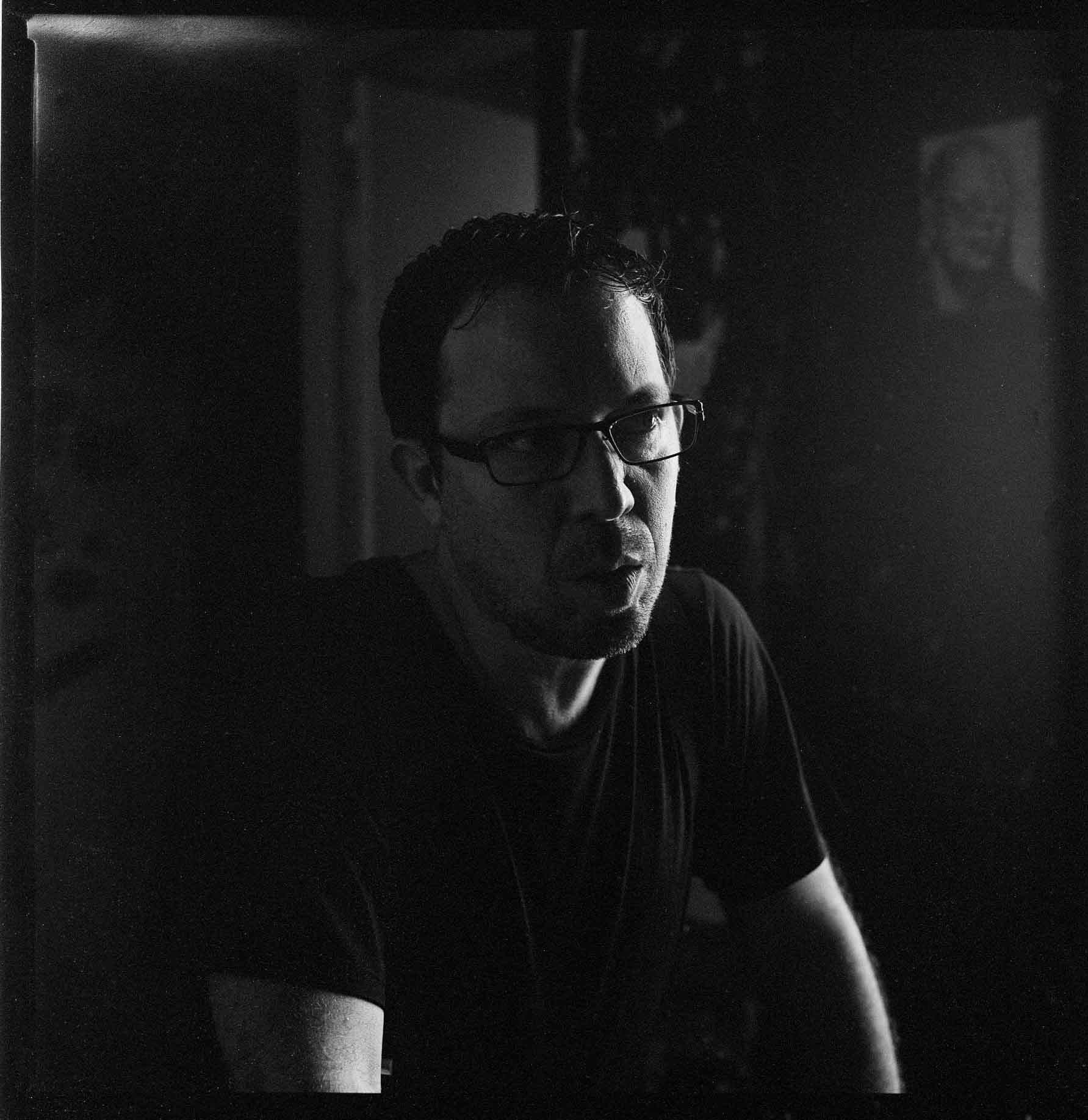Coming from a country that has no Film Institute and no Film school, Marcelo Martinessi has still managed to produce a film that broke the mould, winning awards and accolades at the festivals and which will represent Paraguay at the Oscars 2019.
Las Herederas (The Heiresses) is a finely observed and very moving study of Chela (Ana Brun), a woman of a certain age, who is in crisis. Both she and her partner of 30 years, Chiquita (Margarita Irún) are descended from wealthy families of social standing in Asunción. Her inheritance, as that of her partner, has long been spent and they are broke. Chiquita, accused of fraud for not paying off a loan, is carted off to jail. Clearly, the one who controlled the finances and the practical issues, she hires a maid Pati (subtly played by Nilda González) to look after Chela while she is away, as she clearly considers her incapable of caring for herself.

Ana Brun as Chela
Director Marcelo Martinessi explains: -
“For me, this is the story of a lesbian woman who, when her partner is incarcerated in a real jail, becomes aware that she has also been permanently confined, both by her failing relationship and her social class and she starts the slow process of liberation.”
It is no coincidence that Martinessi has chosen to base his story around women: -
“I was brought up around women, aunts, mothers, grandmothers, sisters and cousins, in a female environment. I felt that for my first feature film, I should work with a world that I knew, with these women I knew and those dialogues that I had heard so often … for example, those women playing cards are like my great aunts and I have an aunt who has a tray that is identical to that one used by Chela in the movie.”
As a child, I was always intrigued that when a woman left the room, all the others would immediately start talking about her. That is shocking for a child! I thought: “Why don’t they say that to her face, why must they wait for her to leave to say it?” So, in many ways this was the real starting point for my film.
Also, I knew many women who lived with women and one never really knew if they were a couple or not, so I liked the idea of narrating the story of a couple of women, where their sexuality was not the central issue… Paraguay is a very feminine country. Historically, women have had a great deal of influence even though it has not been so evident in the political agenda or in the media, but can be seen in its history…”

Chela’s world is slowly disintegrating. She watches from the shadows as insensitive buyers come into their home like vultures, to buy remaining antiques and valuables. Stains on the walls reveal where the paintings once hung, or the piano stood. The silent, empty house is closer to a prison than the real prison, which, in turn, is full of light, life and chaos. The house therefore becomes a character in its own right: -
“I believe that houses are always characters… sometimes it seems as if the houses are only a part of the set, but here it is the house that is honest [and revealing of their situation] … It echoes their relationship that has become tired and fragmented… but [the process of] emptying the house of unwanted items is also opening the way for something new to be able to enter.”

Ana Brun and Ana Ivanova
When her elderly neighbour, Pituca (María Martins), persuades Chela to drive her to her frequent card games with her wealthy friends, Chela, who never passed her driving test and holds no licence, nevertheless embarks on a new life running a local taxi service for the canasta-playing ladies and their maids. Invigorated by her new- found opportunities and the welcome influx of funds, she encounters the much younger Angy (Ana Ivanova) and slowly starts to open up and live again, even re-discovering her desires.

Ana Brun and Margarita Irún
This is a society where anything is permitted so long as nobody knows. When Chela is upset and complains to her partner Chiqui, that their friend Carmela has “told everyone”, it is not the fear of exposure as a lesbian couple that worries her, but that people would know that they are broke: -
“It was the only way to tell the story in a society where people are very conservative... one can suggest but never show… it is a metaphor for the whole society that repeats itself… I also feel that I am working with women who are the fruit of that conservative society… I always describe them as ‘homophobic lesbians’, because they’ve never been able to live freely. We’re not talking about women who grew up in New York… frequenting gay bars… we’re talking about women who lived their sexuality in the closet and with a great deal of auto-repression. At one point, they’re both in the car returning home [from Carmela’s 50th birthday party], when Chiquita comments on one of the girls who was very masculine: Ah, she seemed a ‘mitaí’, which in Guaraní means a young boy... which makes them feel threatened.”
Marcelo Martinessi had sleepless nights wondering where he could find an actress to take on the role of Chela. Despite pressure from the producers, he was determined that she should be Paraguayan: “How could we find a woman who could, without doing anything, convey everything?”
Ana Brun had been suggested to him, so he asked his mother if she had seen her perform and what she recalled? His mother replied that she could only remember her eyes. So Martinessi knew at once that here was an actor who could communicate with a glance. In effect, Ana Brun’s performance is truly mesmerizing, and she has rightly won a clutch of awards for Best Actress including the Silver Bear: -
“I knew that Chela had to carry the film without having the dynamism of Chiquita, so she needed to have particularities of expression… Chiquita is an experienced theatre actress with a 50- year career behind her. She is extremely well- known in Paraguay. I had to persuade them both to participate in a film that could affect them...You have to imagine that ours is a very conservative society and I was asking them to be two women who love each other, which continues to be considered a sin”.
So much so, that initially Ana Brun refused: -
“In real life, Ana Brun is a lawyer, using a different name. She said: “I cannot do this film because I shall lose all my clients! I am a corporate lawyer and work with multinationals and they will ask “What’s this madwoman doing playing a lesbian on screen?”
After much talking, she was persuaded, as she loved the script, so, she chose to change her name:-
“In the end, it was a positive experience. She was convinced that the film would never be seen out of Paraguay, but then, she discovered that with success, all is forgiven! She became an important figure in Paraguay and now she has more clients than ever!”
Marcelo Martinessi’s personal career journey has been varied. He started out wanting to be a writer, but his attempts to study Literature at the university in Asuncion failed because they chose not to run the course. So, he ended up studying the closest thing he could find: ‘Journalism’.
Already early on, borrowing his uncle’s VHS camera, he began to get hooked on filming shorts. Having finally saved enough, he came to London to study at the London Film School. However, his subject matter always harped back to his roots, adapting short stories by acclaimed Paraguayan authors, like Augusto Roa Bastos, who touched on magic realism, as well as Carlos Villagra Marsal. Both these writer’s roots are embedded in the bilingual Spanish/ Guaraní cultures that move Martinessi deeply.
His first significant short ‘La Voz Perdida’ 2016 (The Lost Voice) was selected from more than 1300 entries, and went on to win the Best Short Film award at the Venice Film Festival. It is based on an original interview with a survivor of the notorious Curuguaty Massacre of villagers fighting for their rights to land, that took place in Paraguay on June 15th 2012. Martinessi had been involved running the first ever public TV station in Paraguay, which was a fascinating experience for him, with plans to introduce programmes that would take into account that Paraguay is really a bilingual country, and show things like cartoons for children in Guaraní, as well as cultural and agricultural programmes. As he says: “Good communications are like the construction of a bridge”.
However, when the Curuguaty Massacre led to a coup, and the fall of the government, the Public TV became the centre of resistance to the state, eventually being closed down.
Now based part of the year in London, Martinessi is still determined to make films about his country.
“In the film world, what has happened, when I made a film and it did well, is that everybody is now sending me scripts about repressed lesbian ladies to try and place the production into a series. Much of what has been sent doesn’t interest me, but I’m reading and returning to a story I wrote 12 years ago with the Mexican writer Vicente Leñero. He sadly died some years ago, but he was my professor in Madrid and he helped me with this story which is an adaptation of a short story by Gabriel Casaccia.” In view of the quality of ‘Las Herederas’, we look forward to this development.
'Las Herederas' is available on DVD-
Photograph of Marcelo Martinessi © Javier Medina















